The 52nd anniversary of Ping-Pong Diplomacy, which marked the beginning of a historic friendship between China and the United States, concluded its whirlwind tour from east to west in Los Angeles on Wednesday.
A single act of sportsmanship that set the stage to initiate a remarkable dialogue between two nations has benefited many generations, and someone who has benefited is Virginia Sung, CEO of USA Table Tennis (USATT).
Sung, the first Chinese American senior executive of USATT, was born in Shanghai and started to play table tennis at the age of 6. The former teammate of well-known table tennis player Liu Guoliang has become a "ping-pong diplomat" after she moved to the United States from China.
"People from two nations gathered to commemorate the event that not only changed the course of history, but also played a pivotal role in bringing two distinct cultures from then on," Sung told the celebration.
She admired Connie and Dell Sweeris, the athletes who are part of the original Ping Pong Diplomacy team 52 years ago, have continuously promote friendship and humanity from their actions and "we're also delighted to see the younger generation ready to carry on the legacy of Ping-Pong Diplomacy," she said.
In 1971, the American ping-pong team received a surprise invitation from their Chinese counterparts for a visit to China, which led to the thawing of the Sino-US relationship.
"This journey is not only to embark upon, but also laid a solid foundation for the permutations and exchanges between the people of China and the United States," said Guo Shaochun, Chinese consul general in Los Angeles.
He noted that the two sides should draw the wisdom and strength from Ping-Pong Diplomacy to promote the development of Sino-US relations.
"The Sino-US relationship has become a key factor in global stability at this moment. We must cherish the hard-won relationship and work together to achieve mutual respect and peaceful coexistence," Guo added.
Many believe that the bilateral relationship is one of the world's most important bilateral ties, impacting not only economies but also world peace.
"And that's why we need to continue to build upon this relationship," US Representative Judy Chu of California said.
Chu, the first Chinese American woman elected to Congress, said even though there is an escalating competition between the two nations, her congressional district and Southern California as a whole have been a "shining example" of showcasing the advantages of collaboration over confrontation.
"My district is home to numerous bridging Chinese and American businesses; some of them are actively engaged in trade with China," Chu said. "This demonstrates the positive outcomes of cooperation."
The philosophy of "friendship first, competition second" has powerfully demonstrated the potential possibilities when of people combining sports and diplomacy.
One week ago, hundreds of table-tennis players from Chinese American communities gathered in Ontario, California, to celebrate Ping-Pong Diplomacy's anniversary to play in friendly matches hosted by the Overseas Chinese Federation of Southern California.
The event reunited diverse players from the US as well as ping-pong lovers who expressed a desire to learn.
Stephen Lam, a businessman and former mayor of Monterey Park City, California, told China Daily that sports competitions can foster friendships, build trust and resolve old grudges.
Lam, the president of the US General Chamber of Commerce for entrepreneurs from Hong Kong, Macao and Guangdong (USHKMGD), said the association formed a team and competed with other teams from Southern California by showing their "sincerity and more strength in friendship" between the two sides.
As the founding chairman of USHKMGD, Lam said uniting with entrepreneurs from Hong Kong, Macao and Guangdong helps to create business opportunities while promoting people-to-people exchange between China and US.
"Same as ping-pong, encouraging people from both sides to come together to focus on sports, putting the political thing aside, the sport's spirits will help to improve understanding between two nations even after long-time tension," he said.
"They make friends and build trust, and we do business based on trust," Lam added.








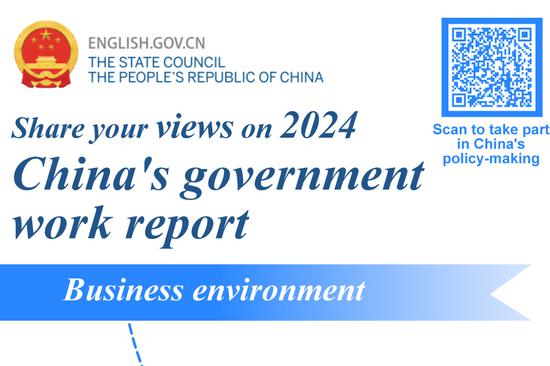

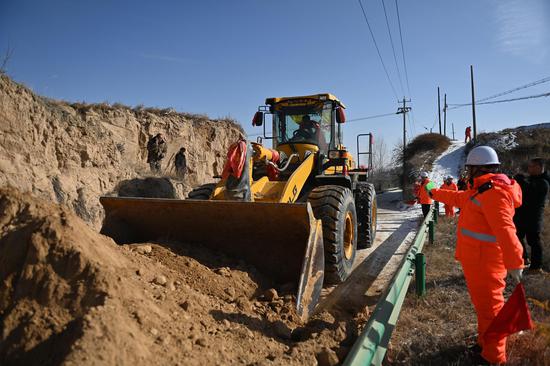
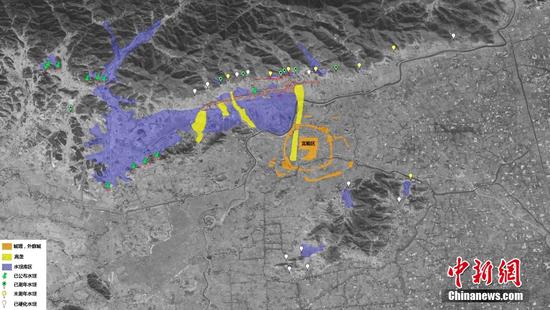
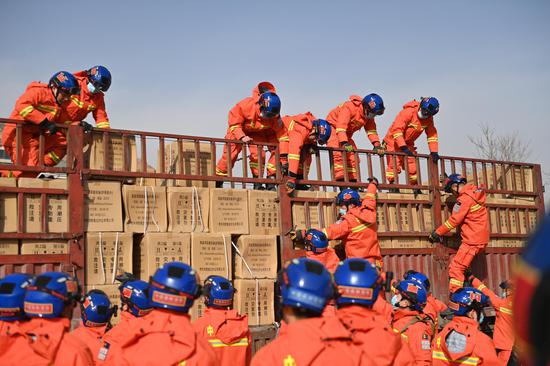
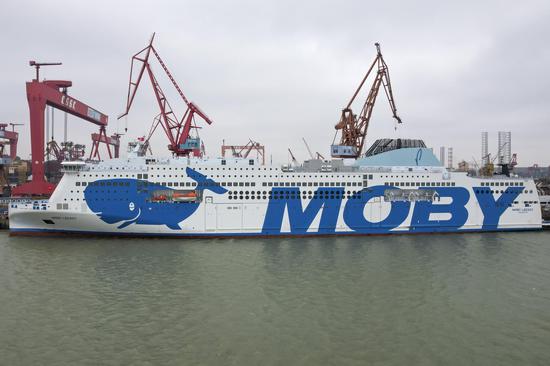



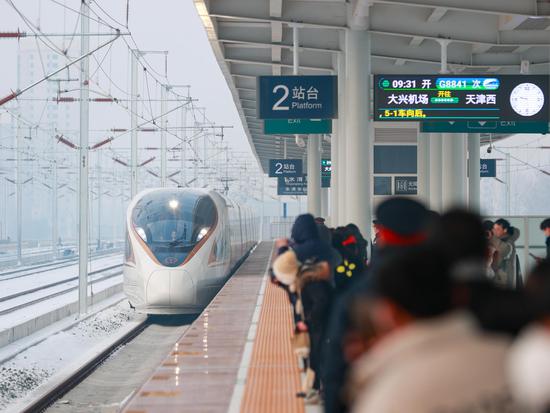

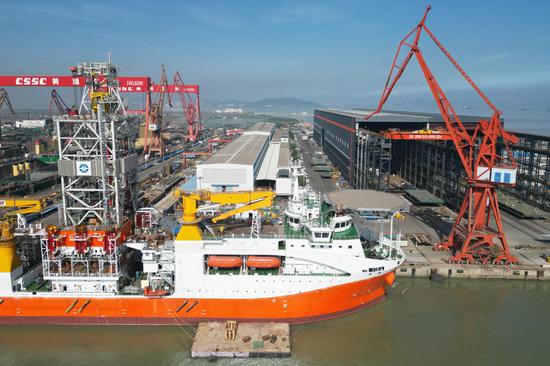



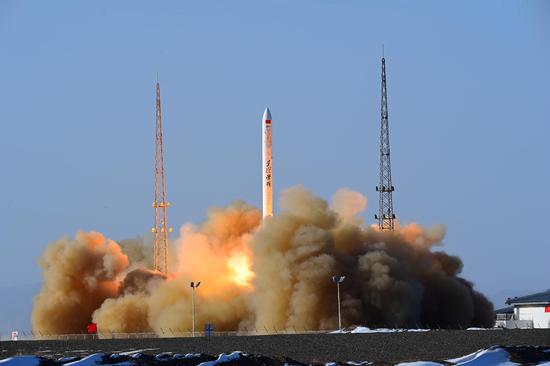


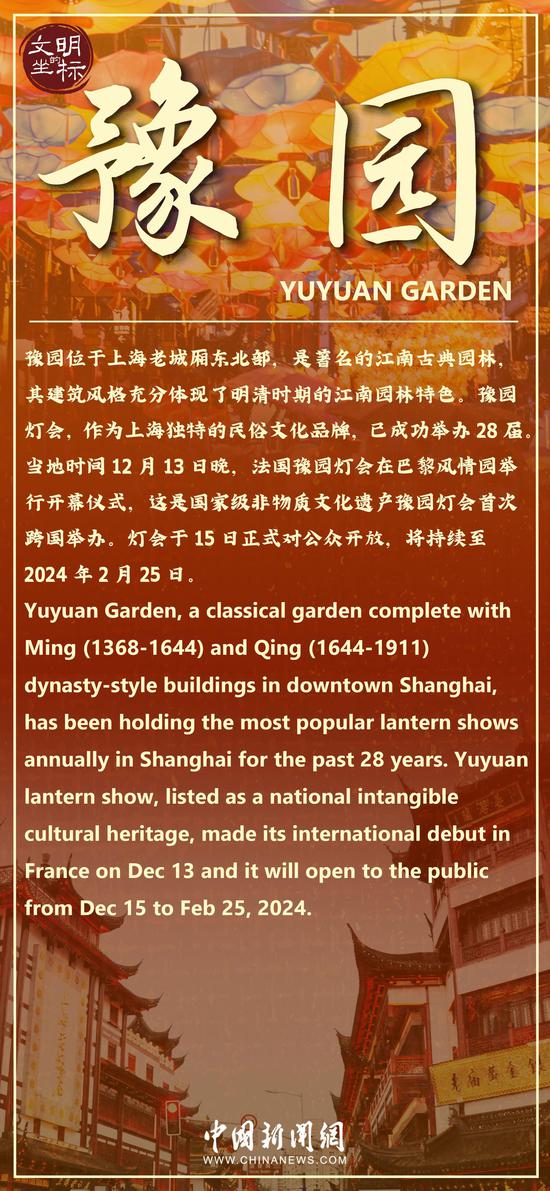
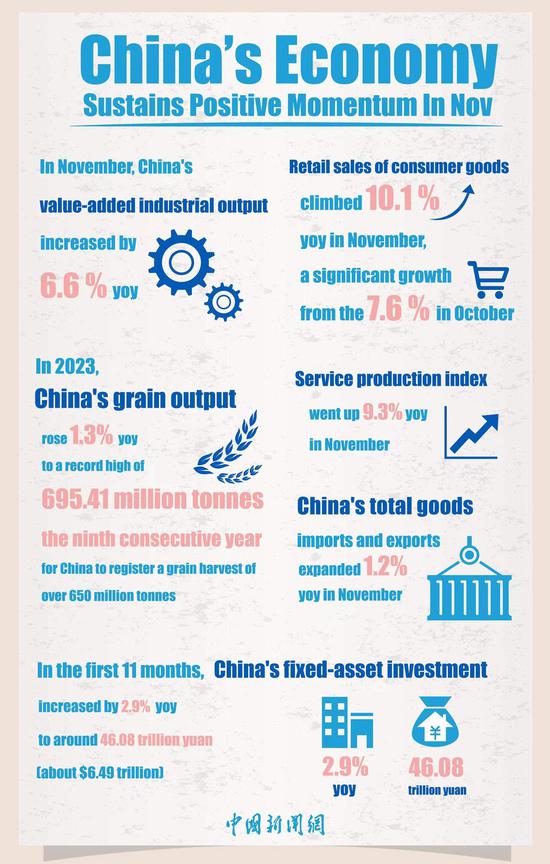



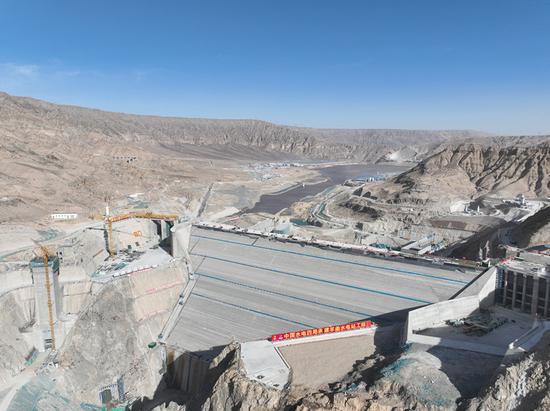

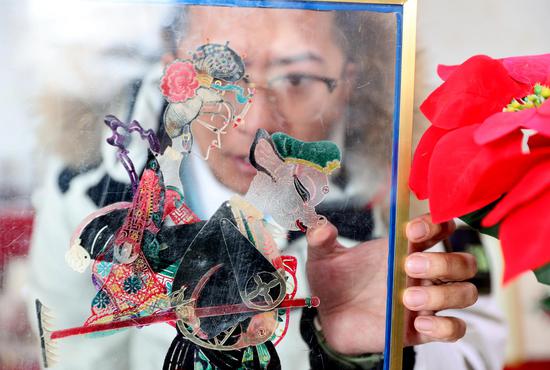
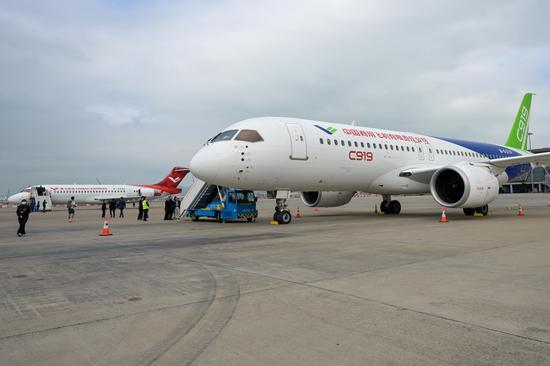
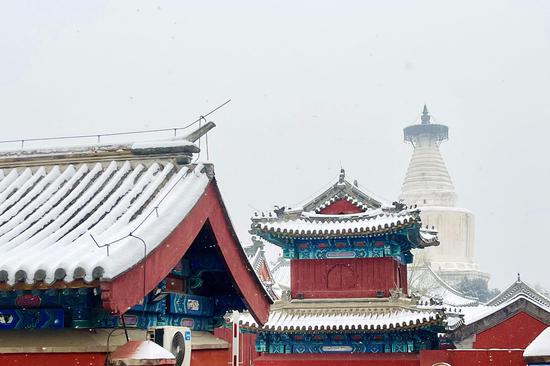

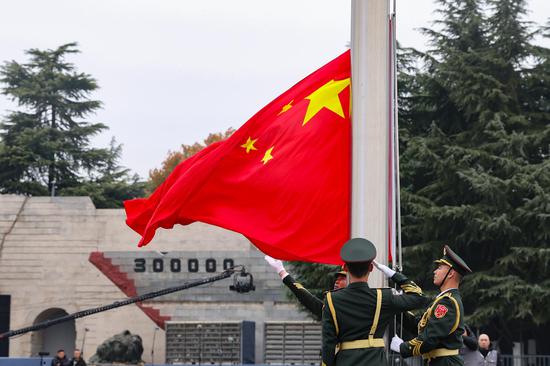

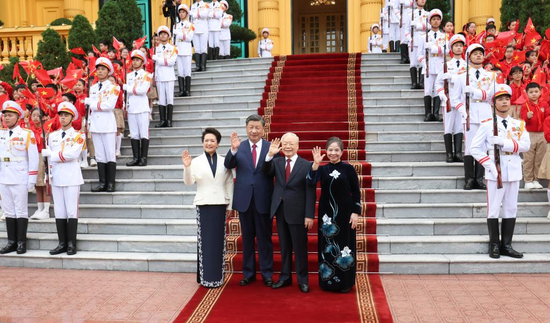
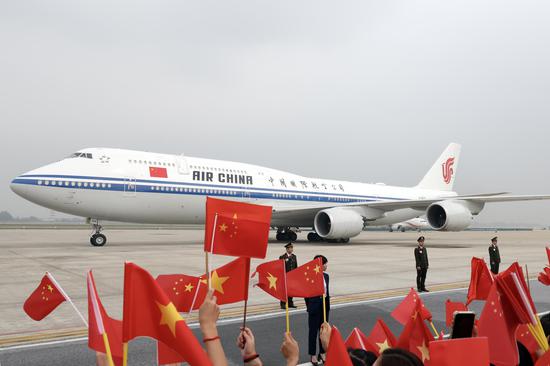
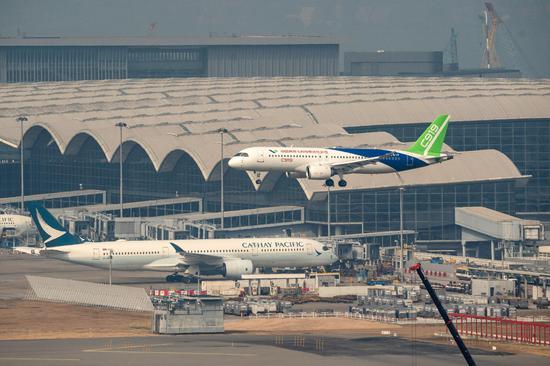
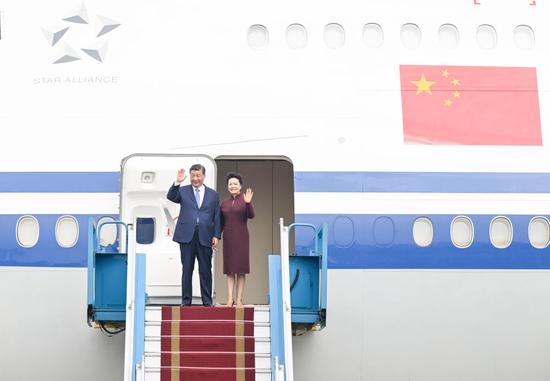
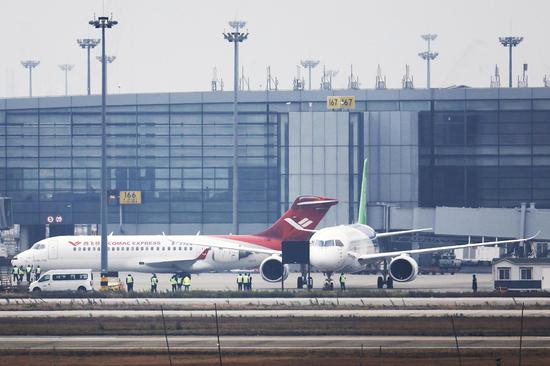
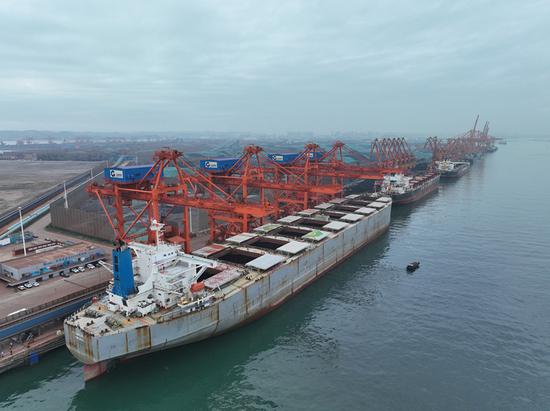





 京公网安备 11010202009201号
京公网安备 11010202009201号